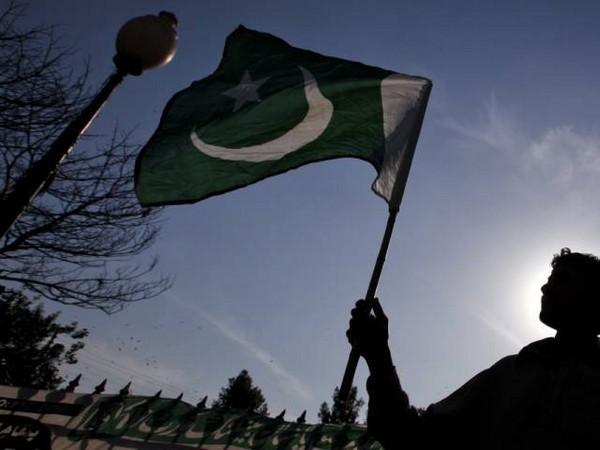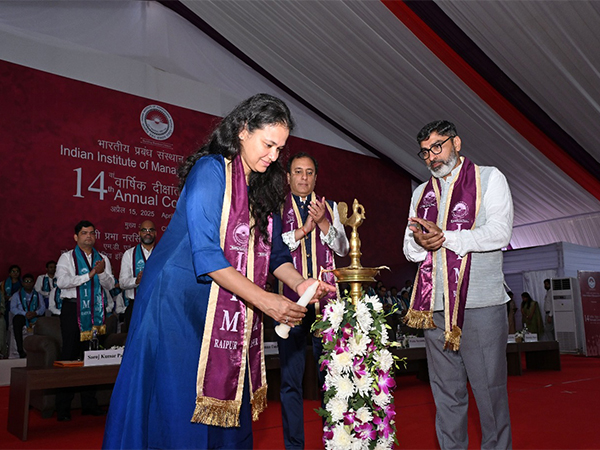Pakistan's behind-the-scenes role in thwarting intra-Afghan talks comes to fore with intensified Taliban violence
Jul 17, 2020

Amsterdam [Netherlands], July 18 : With an intensified Taliban-perpetrated violence in Afghanistan in recent weeks, Pakistan's behind-the-scenes role in thwarting intra-Afghan talks in Doha and intentions of getting a Taliban dispensation in Kabul have come to the fore, a European think-tank has said in a report.
As per European Foundation for South Asian Studies (EFSAS) report, Pakistan's involvement in stoking the present escalation of Taliban violence has not been debated. If Pakistan possessed enough leverage over the Taliban to get it to the negotiating table with the US, it certainly should have the clout to get the Taliban to eschew violence at a time when such violence is threatening to tear apart the US-Taliban agreement that was consequently reached.
The think tank also cited papers written by the US-based Council on Foreign Relations (CFR), which interestingly, touched upon Pakistan's role in stoking instability in Afghanistan
It stated, "The Taliban's Quetta Shura, or senior military leadership council, continues to reside in Pakistan, as do the Taliban's regional shuras that support the Afghan war... If Pakistan is unhelpful - or even counterproductive - in preventing stalled negotiations, the United States could consider suspending or terminating Pakistan's non-North Atlantic Treaty Organisation (non-NATO) ally status, which offers military and financial advantages that generally are not available to non-NATO countries."
"Washington could also consider placing Pakistan on the State Department's list of state sponsors of terrorism. After all, the US and other Western intelligence agencies have collected an abundance of information about Pakistan's ties to terrorist groups operating in Afghanistan and India, from Lashkar-e-Taiba (fronted by Jamaat-ud-Dawa) to the Afghan Taliban and the Haqqani network," according to the CFR memorandum.
As of now, the Taliban has made it clear that intra-Afghan talks will only begin after the prisoner exchange is completed. The talks, which were scheduled to begin in March, are therefore nowhere near commencement. Meanwhile, an escalation in Taliban attacks has killed hundreds of government forces and civilians in recent weeks.
In view of the above developments, the think tank reported that what Pakistan really wants is a pliable dispensation in Kabul that would keep its arch-rival India at an arm's length and not allow it to build upon the goodwill that India's political and economic contribution and elements of its soft power have helped to generate and sustain in Afghanistan over decades.
"A Taliban regime in Kabul would, in Pakistan's assessment, serve this purpose fully. A power-sharing agreement with the present Afghan regime, on the other hand, would continue to provide India with the linkages and the space that it needs in Afghanistan," it said.
"Pakistan's end game, therefore, appears to be a forcible and complete takeover by the Taliban. While clandestinely working towards this, the Pakistani military establishment is simultaneously putting into practice its skill, honed over generations, of hoodwinking the US into believing that it was doing all that it could to ensure the success of the US-Taliban agreement," the think tank said further.




















